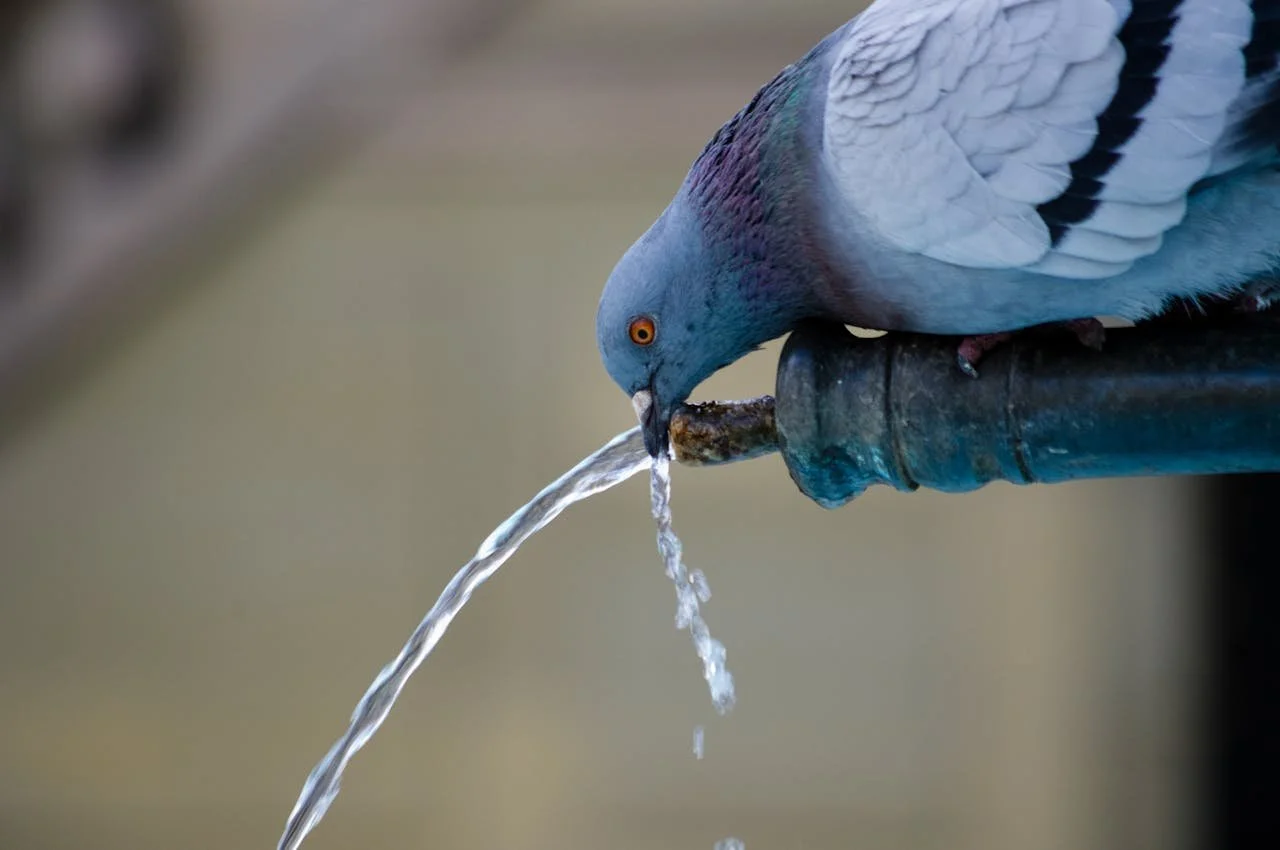Our world is getting louder, and urban wildlife is tuning in
by Halimat Olunlade, Social Media Manager
Photo credit: Pixabay
Humans aren’t just the smartest animals, we’re also the loudest. According to an article from Smithsonian Magazine, our noise affects the wildlife around us. This isn’t a surprise, as we’ve talked about the myriad effects manmade noise has on pets, birds and even marine life. But this new article lists several surprising ways animals have adapted to our din.
Manmade noise is making it hard for animals to hear one another, threatening the survival of species who rely on communication for mating, finding food and shelter or warding off predators. The biggest culprit is traffic noise. For example, male southern brown tree frogs living near busy streets adjust their calls to a higher frequency in order to be heard. The adaptations don’t stop there. Bats have been found to adjust their echolocation, while birds living near an airport in Germany began their dawn song earlier to avoid being drowned out by air traffic.
Scientists say that while these animals are able to adjust their vocalizations or schedules to live amidst our noise, they have no idea what long-term effects these changes will have on each species. Even after the German airport closed down, some birds continued their earlier song.
Faced with industrial noise, dolphins, fish and whales all struggle to hear each other underwater. Like on land, these animals could alter the frequency or volume of their vocalizations to adjust to our noise, but the dangers of hearing damage, compromised communication and less time spent hunting to avoid manmade noise remain.
Our noise is scary. Across the animal kingdom, animals are fearful of the noise we create. Elephants, elk, deer, black bears and more flee at the sound of manmade noise. The impact of this is twofold: animals are spending less time feeding and more time running, and this stress makes it harder for them to have offspring and lead healthy lives. Manmade noise has been found to impact animals’ immune response, their development and even their lifespan.
Have you ever been woken up by a neighbor’s car alarm? In our noisy cities, you might wake up one day to find cars aren’t the only source of your morning woes. Mockingbirds and other mimic bird species like the blackbird and sulphur crested cockatoo learn and imitate the sounds in their environment. When this environment is shared with noisy humans, we get interesting footage like a mockingbird mimicking the sound of a car alarm.
There aren’t many laws to address the issue of how our noise impacts wildlife, but we can remain optimistic that with more research and education, solutions that value the preservation of nature’s symphony are on their way. In the meantime, I suggest we be more mindful of our noise.

